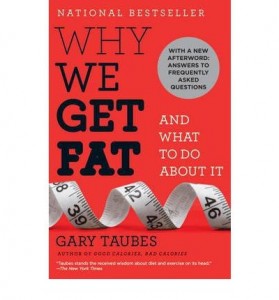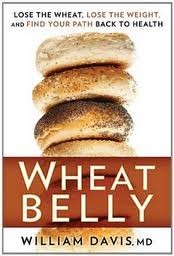by Jennifer Richards, Obesity Management Specialist

What if everything (or nearly everything) you’ve ever learned about what constitutes healthy eating was wrong? I believe it is. I have come to this conclusion through the combination of my academic research, review of the literature, current scientific evidence, and my clinical experience working with my clients for weight loss/maintenance. Just take a look around at the obesity epidemic we are now experiencing…you’ll find plenty of confirmation that current practices are not working for a lot of people!
What if more researchers started to challenge some of the long-held beliefs about what good nutrition is? Maybe then they would uncover new evidence for what really comprises an effective and sustainable plan for healthy eating. People would then be armed with valid information from which to make their dietary choices for good health. Obesity (which is just one of the many unhealthy symptoms of today’s widely accepted, yet misguided, nutritional advice) might decrease significantly and we would become a healthier population.
As a public health professional, part of my mission is to add to the body of knowledge for evidence-based practice in obesity prevention and management. Two books that have really shaped my thinking about this are:
1) Why We Get Fat and What To Do About It by Gary Taubes*
- Challenges conventional nutritional wisdom, especially the Western diet
- Suggests obesity/weight management should be addressed by drastically reducing carbohydrate consumption, including whole grain carbs
- Suggests physical activity has less to do with weight loss than conventional practice advises
2) Wheat Belly by William Davis, MD*
- Explains that modern day wheat has been genetically altered and the biochemical change in its gluten causes an increased immune response
- Wheat creates a drastic spike in blood glucose level, even whole wheat
- Wheat consumption significantly contributes to increased abdominal fat (the most dangerous type; this type of fat is a combination of visceral, liver and intramuscular fat, which is associated with an increased risk for cardiovascular and metabolic diseases)
* The strength of these books is that they are heavily backed by peer reviewed research studies conducted over many years.
So, are you ready to sink your teeth into these juicy books that challenge the status quo about what healthy nutrition really is? Then read on…but with this caveat; as you digest the “out of the box” ideas and information in these books, do so with an open mind. Your effort will be well worth it! If you read them, I’d love to hear what you think.


